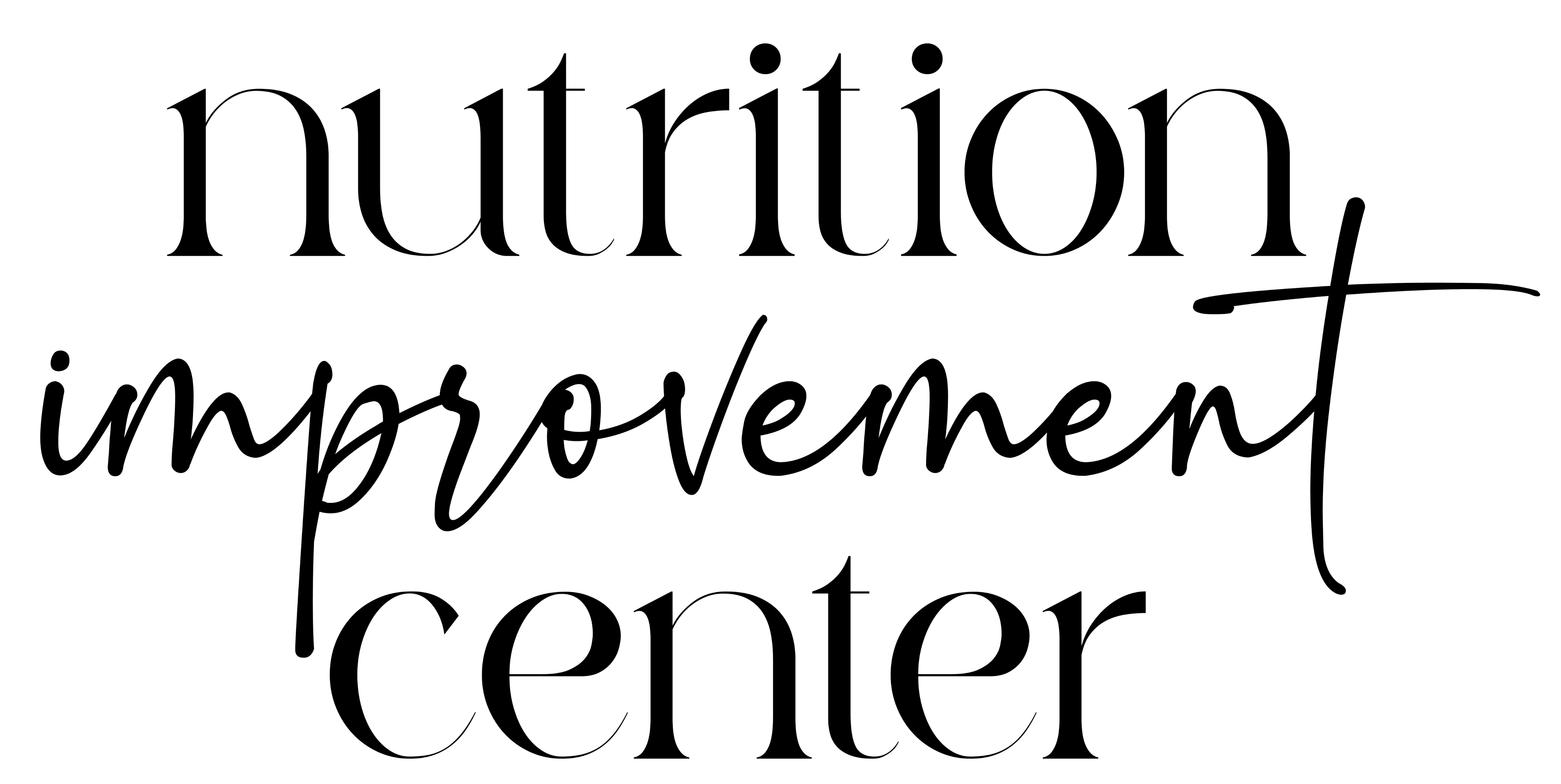Understanding The Importance Of Your Microbiome
February 22, 2021 – Sydney Levine
How does the microbiome of your intestines get damaged in an Eating Disorder? What role does it play in recovery?
Understanding the functions of the Gut Microbiota has been an interesting and relatively new endeavor in psychological and medical research. The Gut Microbiota, also known as the microbiome, is the microbe population living within our intestine that is composed of bacteria, archaea, viruses, and eukaryotic microbes[1]. The Gut Microbiota plays a major role in maintaining energy balance within the body and is involved in weight gain and weight loss.
All of these technical words boil down to this: your unique microbiome is responsible for important immune functions, producing certain vitamins, and maintaining wholeness in your intestines and throughout the entire body, among other things.
The microbiota is created from birth and its contents and health vary based on your environment, diet, use of antibiotics, and lifestyle. Unfortunately, when the microbiota experiences a loss of balance, dysbiosis occurs. Dysbiosis (the loss of balance in your microbiome) is linked to other health problems due to the many roles your microbiome plays in your overall health.
Poor microbiome health is common in individuals experiencing an Eating Disorder. Research has shown links between nutritional disorders and a disruption of the balance and health of the microbiome. Oftentimes with individuals experiencing Anorexia Nervosa, the microbiome shows a lower microbial diversity. Low diversity in the microbiome is not only cause for concern for physical issues (low energy, poor immunity), but the diversity of your microbiome is linked to mental health as well.
There is recent evidence that shows lower bacterial diversity is associated with greater depression and anxiety[2]. A simplified explanation suggests this: poor nutritional health leads to low diversity in the microbiome which in turn may cause more depression and anxiety. Unfortunately, these consequences work in a cycle[3]. As poor nutrition continues and your mental health worsens, your mood and behavior continue to be affected which may lead to more poor and potentially dangerous food-related behaviors.
The microbiome of individuals recovering from eating disorders tends to change over the course of weight restoration and renourishment. These changes suggest that as a person recovers, the health of the intestinal microbiota recovers as well. While research is still being carried out, recent findings indicate that fueling your Gut Microbiota may be a key factor in overcoming some of the psychological and physical aspects of an eating disorder. Renourishment is often accompanied by discomfort, hypermetabolism, and other discomfort[4], but there is hope that with further research on the microbiome some of the negative side effects of renourishment can be lessened as an individual is restored to health.
References
[1] Morris, Marissa. The Gut Microbiota and Intestinal Health. Medical Nutrition Matters, Spring 2017
[2] Kleiman, SC, Watson HJ, Bulik-Sullivan EC, Huh EY, Tarantino LM, Bulik CM, and Caroll IM. The intestinal microbiota in acute anorexia nervosa and during renourishment: relationship to depression, anxiety, and eating disorder psychopathology. Psychosomatic Medicine 77, no. 9 (2015)
[3] http://thepaleodiet.com/eating-disorders-mental-health-and-the-gut-microbiome/
[4] Kleiman, S. C., Glenny, E. M., Bulik-Sullivan, E. C., Huh, E. Y., Tsilimigras, M. C. B., Fodor, A. A., Bulik, C. M., and Carroll, I. M. (2017) Daily Changes in Composition and Diversity of the Intestinal Microbiota in Patients with Anorexia Nervosa: A Series of Three Cases. Eur. Eat. Disorders Rev., 25: 423–427. doi: 10.1002/erv.2524.
[5] Deans, E. Microbiome and mental health in the modern environment. Journal of Physiological Anthropology. (2016)
[6] Kleiman, S. C., Carroll, I. M., Tarantino, L. M. and Bulik, C. M. (2015), Gut feelings: A role for the intestinal microbiota in anorexia nervosa?. Int. J. Eat. Disord., 48: 449–451. doi:10.1002/eat.22394
[7] Maryam Tidjani Alou, Jean-Christophe Lagier, Didier Raoult, Diet influence on the gut microbiota and dysbiosis related to nutritional disorders, In Human Microbiome Journal, Volume 1, 2016, Pages 3-11, ISSN 2452-2317, https://doi.org/10.1016/j.humic.2016.09.001.
(http://www.sciencedirect.com/science/article/pii/S2452231716300161)

